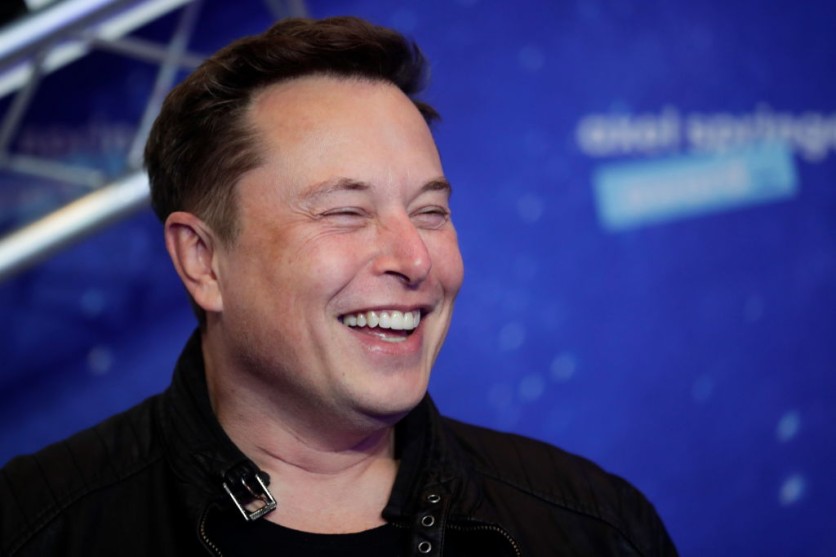Elon Musk's Neuralink startup is shaping up to be really promising for people who want to take the use of computer chips to the next level. The main focus of the company revolves around using a brain chip that will establish a connection between humans and machines.
While others see this as a huge technological breakthrough, some scientists oppose this idea. According to them, there is so much to worry about with this innovation that might have implications for humanity.
Why Scientists Are Worried About Neuralink

In an interview with The Daily Beast this week, a group of scientists voiced their concerns regarding Elon Musk's invention in the field of neuroscience. Despite gaining positive feedback from other people, the researchers were not convinced about what was going on with this technology.
Bioethics assistant professor Dr. Karola Kreitmair from the University of Wisconsin said that there should be some discussions about the implications of the brain chip in the bigger picture.
Kreitmair, who also teaches medical history, added that there is an "uncomfortable marriage" for the "for-profit" companies like Neuralink.
The researchers pointed out that the ethical subject which tackles this brain chip technology remains unexplored. In the meantime, some were worried that the startup could take the advantage of people with disabilities just to earn some money.
Neuralink Breaks the Ethics
Speaking of ethics, she believed that installing computer chips in people's brains would be deemed as "life-changing" for paralyzed individuals. However, it opened a lot of questions regarding "ethical" concerns.
Dr. L. Syd Johnson, an associate professor from SUNY Upstate Medical University's Center for Bioethics and Humanities, emphasized the presence of a bigger market behind Neuralink.
"But then all those human research subjects - people with genuine needs - are being exploited and used in risky research for someone else's commercial gain," she added in a report by Futurism.
Another expert, Dr. Laura Cabrera from Penn State, shared that companies such as Neuralink often resort to creating "hyperbolic" claims for their products. She thought that this was dangerous because of the blind faith that people cast in it.
The neuroethics researcher continued that she's always cautious every time the tech billionaire says a word.
Related Article: Top 5 Fears About Elon Musk's Neuralink: Mind Control, Hacking, Malfunction, Etc.
Neuralink Brain Chip Overheating Issues
Back in 2020, Tech Times reported that neuroscientists had become skeptical about the capability of the neural link chip. At one time, they thought that there would be an overclocking issue for this invention in terms of heat transfer.
Aside from the possibility of overheating, the chips could also cause CSF (Cerebrospinal Fluid Link) leak. In short, the sustained increase in CSF production could take place due to the electrical activity that is happening.
In response to this, Elon Musk answered that his Neuralink chip has already considered overheating to be a problem that's why they arrived with a solution of maintaining a safe temperature.
Read Also: Elon Musk Projected to Get Richer in 2022 Despite Not Taking Tesla Earnings, Analysts Predict
This article is owned by Tech Times
Written by Joseph Henry

![Apple Watch Series 10 [GPS 42mm]](https://d.techtimes.com/en/full/453899/apple-watch-series-10-gps-42mm.jpg?w=184&h=103&f=9fb3c2ea2db928c663d1d2eadbcb3e52)


